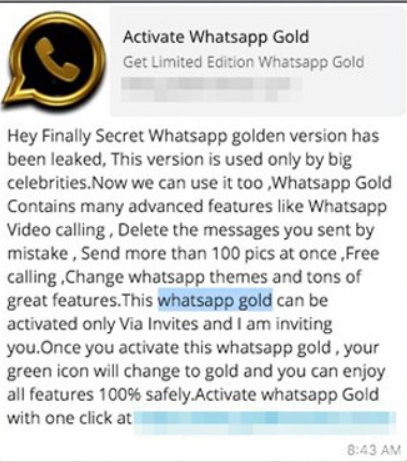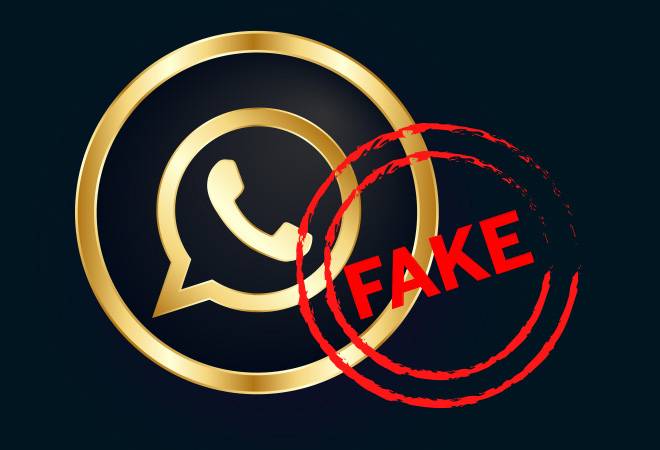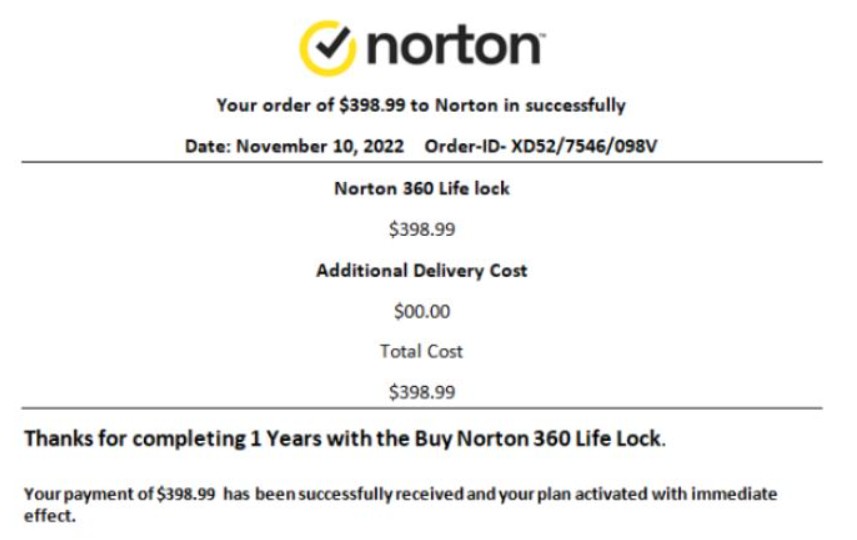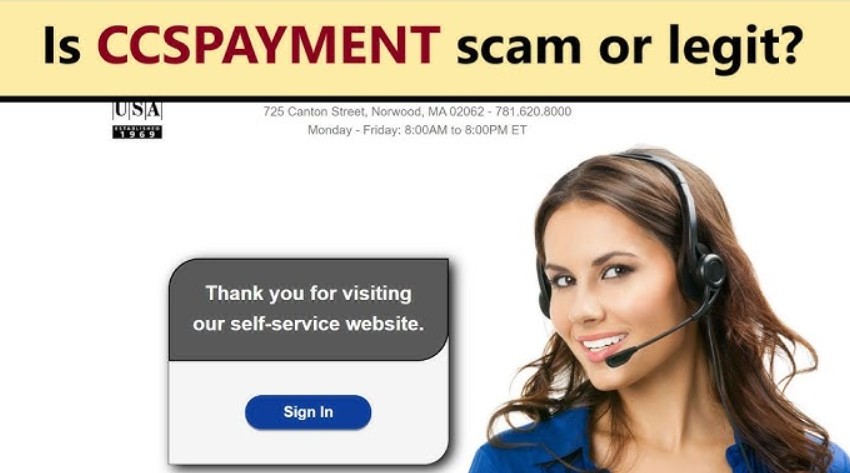WhatsApp Gold Scam: How It Works and How to Dodge It
The WhatsApp Gold scam is back again, tricking people with promises of a special version of WhatsApp that offers extra features like new emojis or better privacy. These messages look real but are fake, often leading to dangerous links that can steal your personal information or infect your phone. Even though this hoax has been around for years (since 2016), it keeps coming back with small changes to fool new users.
Lately, the scam has mixed with other fake messages, such as warnings about a “Martinelli” video or claims that your WhatsApp account will expire soon. Some scammers pretend to be WhatsApp support or even your friends to get your verification code or money. Remember: WhatsApp is free, and any message asking you to “upgrade” or “renew” your account is a scam.
What is the WhatsApp Gold Scam?
“WhatsApp Gold” is not real. It is a fraudulent scheme where scammers promote a fake or “elite” version of WhatsApp that supposedly unlocks premium features like advanced emojis, expanded media tools, hidden privacy controls, or the ability to delete messages hours later. In reality, WhatsApp Gold does not exist.
If you’ve seen links claiming to offer a WhatsApp Gold download, make sure to read our full breakdown of the WhatsApp Gold download scam: it explains the download angle of this hoax and how these fake apps spread and why none of them are safe to download.
The scam usually unfolds like this:
- A message, often forwarded, claims that you’ve been invited or upgraded to WhatsApp Gold, or that you must activate it.

- The message may include a link that leads to a malicious website or prompts a software download, often an APK file on Android.
- The downloaded file may contain malware or redirect you to a phishing page.
- Older versions of the scam tried to subscribe victims to premium SMS services, leading to hidden charges on their phone bills.
Scammers sometimes link this hoax to others, such as the “Martinelli” or “Dancing Pope” video warnings. The message might tell users not to open a certain video, then suggest upgrading to WhatsApp Gold instead. WhatsApp has confirmed these claims are false and has urged users not to forward or act on such messages.
So in reality, this is both a chain-message hoax and a phishing or malware trap.
The History and Recurrences of the Scam
The WhatsApp Gold scam first became widely known around 2016 and has resurfaced several times since, often with slightly different text or domains. Over time, the messages have evolved, using new wording or updated links, but the same core tactic remains the same: luring users with promises of exclusivity.
Action Fraud and cybersecurity experts warned users again in 2019 after a new wave of the scam appeared. In 2024 and 2025, tech blogs and digital security firms continued to list WhatsApp Gold among the most common WhatsApp-based scams. Although there’s no current evidence of a major resurgence, the scam still circulates occasionally, spread by unaware users forwarding messages.
What Risks Does Whatsapp Gold Scam Pose Today?
While many people now recognize the WhatsApp Gold scam, it can still be dangerous. Clicking on its link can lead to:
- Malware installation that compromises your phone or personal data
- Phishing pages that steal login credentials or financial information
- Identity theft or account takeover attempts
- Subscription traps that charge your mobile bill
Even though awareness is higher, scammers often repackage the hoax with new names, updated designs, and fresh URLs to make it seem legitimate. Sophisticated variants can still trick users, especially those unfamiliar with past scams.
How to Recognize and Protect Yourself
Here are the key red flags and steps to stay safe.
Red Flags:
- The message comes from an unknown number or is heavily forwarded
- It promises new or hidden WhatsApp features
- It contains a suspicious link or asks you to download an app outside official stores
- It uses urgency or fear, such as “limited offer” or “your version will stop working”
- It warns you not to share the message
- The site has strange domain names, bad grammar, or requests excessive permissions
What to Do:
- Do not click on any links.
- Never install apps from unknown or third-party sources.
- Verify claims on WhatsApp’s official site or support page.
- If someone forwarded the message to you, let them know it’s a hoax.
- Use antivirus or mobile security tools to check for infections.
- Keep your phone and WhatsApp app up to date.
- Enable two-step verification to secure your account.
- Block and report suspicious numbers or messages.
These same steps apply to many scams spreading through messaging apps and social media. For example, users targeted by the 18332255516 scam The WhatsApp Gold scam is back again, tricking people with promises of a special version of WhatsApp that offers extra features like new emojis or better privacy. These messages look real but are fake, often leading to dangerous links that can steal your personal information or infect your phone. Even though this hoax has been around for years (since 2016), it keeps coming back with small changes to fool new users.
Lately, the scam has mixed with other fake messages, such as warnings about a “Martinelli” video or claims that your WhatsApp account will expire soon. Some scammers pretend to be WhatsApp support or even your friends to get your verification code or money. Remember: WhatsApp is free, and any message asking you to “upgrade” or “renew” your account is a scam.
What is the WhatsApp Gold Scam?
“WhatsApp Gold” is not real. It is a fraudulent scheme where scammers promote a fake or “elite” version of WhatsApp that supposedly unlocks premium features like advanced emojis, expanded media tools, hidden privacy controls, or the ability to delete messages hours later. In reality, WhatsApp Gold does not exist.
The scam usually unfolds like this:
- A message, often forwarded, claims that you’ve been invited or upgraded to WhatsApp Gold, or that you must activate it.

- The message may include a link that leads to a malicious website or prompts a software download, often an APK file on Android.
- The downloaded file may contain malware or redirect you to a phishing page.
- Older versions of the scam tried to subscribe victims to premium SMS services, leading to hidden charges on their phone bills.
Scammers sometimes link this hoax to others, such as the “Martinelli” or “Dancing Pope” video warnings. The message might tell users not to open a certain video, then suggest upgrading to WhatsApp Gold instead. WhatsApp has confirmed these claims are false and has urged users not to forward or act on such messages.
So in reality, this is both a chain-message hoax and a phishing or malware trap.
The History and Recurrences of the Scam
The WhatsApp Gold scam first became widely known around 2016 and has resurfaced several times since, often with slightly different text or domains. Over time, the messages have evolved, using new wording or updated links, but the same core tactic remains the same: luring users with promises of exclusivity.
Action Fraud and cybersecurity experts warned users again in 2019 after a new wave of the scam appeared. In 2024 and 2025, tech blogs and digital security firms continued to list WhatsApp Gold among the most common WhatsApp-based scams. Although there’s no current evidence of a major resurgence, the scam still circulates occasionally, spread by unaware users forwarding messages.
What Risks Does Whatsapp Gold Scam Pose Today?
While many people now recognize the WhatsApp Gold scam, it can still be dangerous. Clicking on its link can lead to:
- Malware installation that compromises your phone or personal data
- Phishing pages that steal login credentials or financial information
- Identity theft or account takeover attempts
- Subscription traps that charge your mobile bill
Even though awareness is higher, scammers often repackage the hoax with new names, updated designs, and fresh URLs to make it seem legitimate. Sophisticated variants can still trick users, especially those unfamiliar with past scams.
How to Recognize and Protect Yourself
Here are the key red flags and steps to stay safe.
Red Flags:
- The message comes from an unknown number or is heavily forwarded
- It promises new or hidden WhatsApp features
- It contains a suspicious link or asks you to download an app outside official stores
- It uses urgency or fear, such as “limited offer” or “your version will stop working”
- It warns you not to share the message
- The site has strange domain names, bad grammar, or requests excessive permissions
What to Do:
- Do not click on any links.
- Never install apps from unknown or third-party sources.
- Verify claims on WhatsApp’s official site or support page.
- If someone forwarded the message to you, let them know it’s a hoax.
- Use antivirus or mobile security tools to check for infections.
- Keep your phone and WhatsApp app up to date.
- Enable two-step verification to secure your account.
- Block and report suspicious numbers or messages.
These same steps apply to many scams spreading through messaging apps and social media. For example, users targeted by the 18332255516 scam or those tricked by fake payment portals like ccspayment.com scam alerts have reported similar phishing attempts using fear and urgency.
The same social-engineering tactics are seen in the Coinbase withdrawal code scam, where scammers send fraudulent security alerts to trick users into calling fake support numbers or revealing 2FA codes.
Is WhatsApp Gold Still Active in 2025
Although it’s not dominating headlines, WhatsApp Gold continues to appear in smaller waves. Security analysts still mention it among the most common scams of 2025. Meta, WhatsApp’s parent company, has reported removing millions of accounts linked to scam or fraud operations, showing how active these threats remain.
Even if the WhatsApp Gold hoax isn’t in full swing, it reminds us that scammers continually reuse old tricks under new names. Staying aware and cautious is the best defense.
Quick Comparison: Real App Updates vs Scam Claims
| Feature | Real WhatsApp Updates | WhatsApp Gold Scam |
|---|---|---|
| Source | Official Play Store or App Store | External or unknown link |
| Permissions | Standard access (contacts, media, camera) | Excessive access (SMS, admin, call logs) |
| Cost | Always free | Claims “premium” paid features |
| Developer | WhatsApp / Meta | Unknown or fake name |
| Behavior | Transparent, secure | Hidden, misleading, unsafe |
Use this comparison as a quick mental checklist when you receive any WhatsApp-related message that sounds unusual.
Even though the WhatsApp Gold scam has been around for years, it continues to evolve. Learn how to avoid online web scams and stay alert to the biggest web-based scams of 2025. Awareness is your best protection.
FAQs
Is WhatsApp Gold legit?
Whatsapp Gold It’s a fake version of WhatsApp promoted by scammers who claim it offers exclusive features. It does not exist and often leads to malware or phishing websites.
Why do scammers still use the WhatsApp Gold hoax?
Because it spreads quickly through forwarded messages and appeals to curiosity, giving scammers new victims each time it reappears.
Can WhatsApp Gold infect my phone?
Yes. Installing an app from an unverified source can infect your phone with malware or spyware that steals personal information.
What should I do if I clicked a WhatsApp Gold link?
Disconnect your phone from the internet, scan for malware, change your passwords, and delete any suspicious apps. If the problem persists, reset your phone and report the message as spam.
Is WhatsApp Gold Still Active in 2025
Although it’s not dominating headlines, WhatsApp Gold continues to appear in smaller waves. Security analysts still mention it among the most common scams of 2025. Meta, WhatsApp’s parent company, has reported removing millions of accounts linked to scam or fraud operations, showing how active these threats remain.
Even if the WhatsApp Gold hoax isn’t in full swing, it reminds us that scammers continually reuse old tricks under new names. Staying aware and cautious is the best defense.
Quick Comparison: Real App Updates vs Scam Claims
| Feature | Real WhatsApp Updates | WhatsApp Gold Scam |
|---|---|---|
| Source | Official Play Store or App Store | External or unknown link |
| Permissions | Standard access (contacts, media, camera) | Excessive access (SMS, admin, call logs) |
| Cost | Always free | Claims “premium” paid features |
| Developer | WhatsApp / Meta | Unknown or fake name |
| Behavior | Transparent, secure | Hidden, misleading, unsafe |
Use this comparison as a quick mental checklist when you receive any WhatsApp-related message that sounds unusual.
Even though the WhatsApp Gold scam has been around for years, it continues to evolve. Learn how to avoid online web scams and stay alert to the biggest web-based scams of 2025. Awareness is your best protection.
FAQs
Is WhatsApp Gold legit?
Whatsapp Gold It’s a fake version of WhatsApp promoted by scammers who claim it offers exclusive features. It does not exist and often leads to malware or phishing websites.
Why do scammers still use the WhatsApp Gold hoax?
Because it spreads quickly through forwarded messages and appeals to curiosity, giving scammers new victims each time it reappears.
Can WhatsApp Gold infect my phone?
Yes. Installing an app from an unverified source can infect your phone with malware or spyware that steals personal information.
What should I do if I clicked a WhatsApp Gold link?
Disconnect your phone from the internet, scan for malware, change your passwords, and delete any suspicious apps. If the problem persists, reset your phone and report the message as spam.




